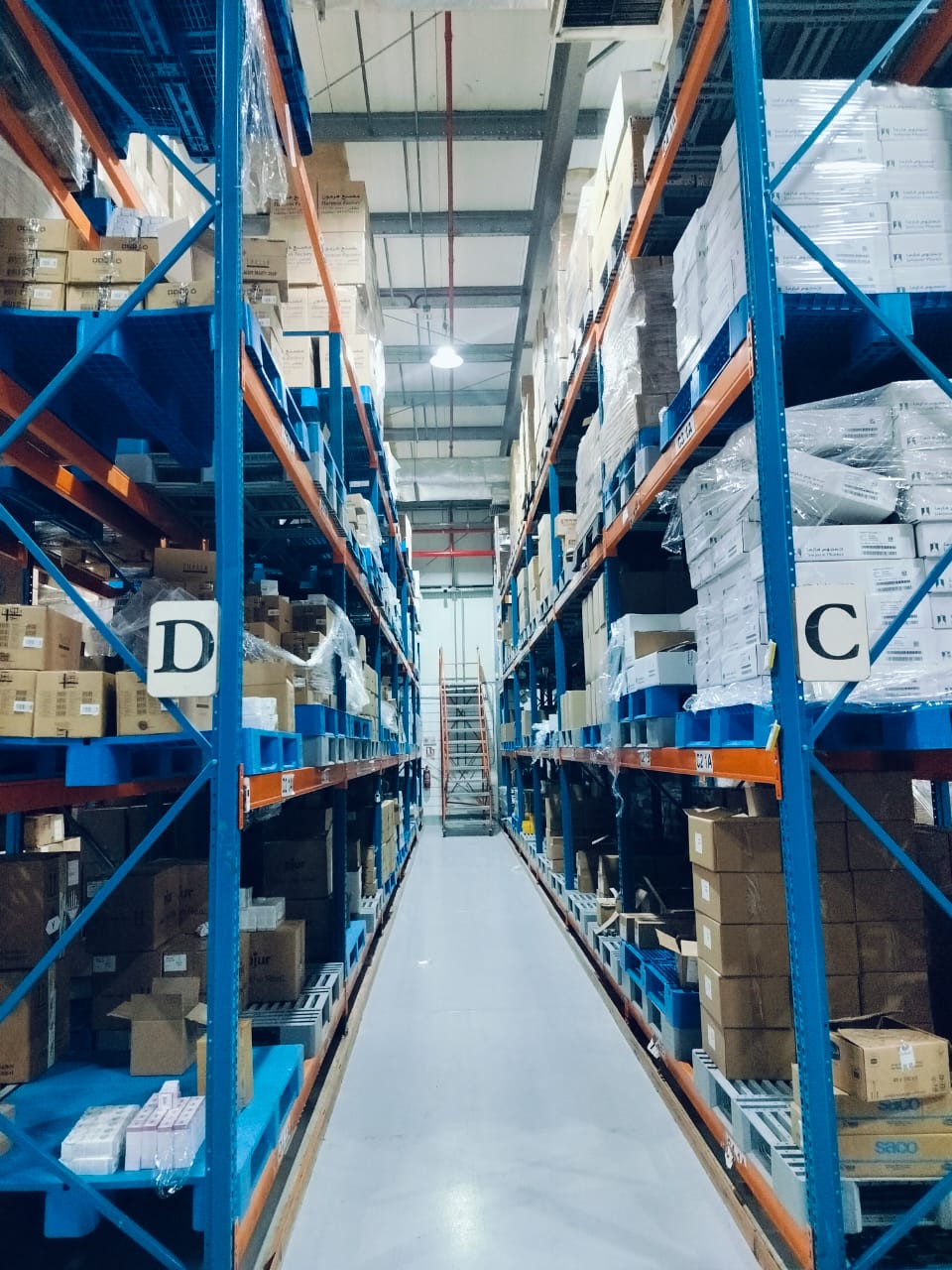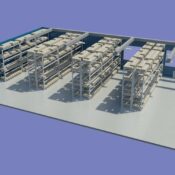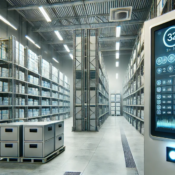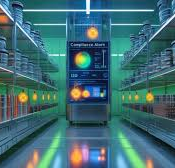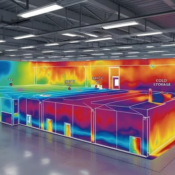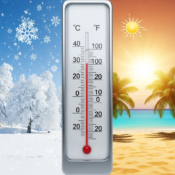Education is the foundation of Saudi Arabia’s future, and creating a safe, healthy, and comfortable learning environment for students is essential. From kindergartens and primary schools to advanced universities, classrooms must remain conducive to focus and productivity. Yet, in a country where summer temperatures often rise above 45°C, maintaining indoor comfort is no small challenge. This is where temperature mapping study becomes a powerful tool to ensure healthier, more effective educational spaces.
At Eximia360 (www.eximia360.com), we specialize in providing temperature mapping studies across Saudi Arabia, including Jeddah, Dammam, and Riyadh. Our mission is to help schools and universities heat-proof their facilities, ensuring that students, teachers, and staff can thrive in an environment where indoor climates are stable, safe, and optimized for learning.
Why Indoor Climate Matters in Education
Studies have shown that classroom environments directly impact concentration, energy levels, and overall student performance. High indoor temperatures or uneven cooling can make students feel fatigued, reduce focus, and even increase absenteeism.
In Saudi Arabia, this challenge is magnified by extreme weather conditions. Schools in Riyadh often face prolonged heatwaves, while coastal cities like Jeddah and Dammam experience high humidity combined with heat. In such conditions, relying only on air-conditioning systems without proper analysis may leave classrooms with “hot spots” or areas of poor ventilation.
This is where a temperature mapping study makes the difference. It provides a detailed picture of how air and temperature behave inside classrooms, lecture halls, libraries, and laboratories, ensuring the entire learning environment is consistent and safe.

How Temperature Mapping Study Works in Schools and Universities
A temperature mapping study involves strategically placing sensors in different parts of a school building or university facility to record and analyze temperature variations. This process helps administrators and facility managers identify issues such as:
- Uneven cooling or heating in large classrooms or auditoriums.
- Hot spots caused by poor airflow or direct sunlight.
- Cold spots that waste energy and create discomfort.
- HVAC inefficiencies where systems may be overworking without providing uniform comfort.
By analyzing this data, Eximia360 helps educational institutions in Saudi Arabia take corrective actions—whether it is adjusting ventilation, improving insulation, or fine-tuning HVAC systems—to create stable and comfortable indoor environments.
Benefits of Temperature Mapping for Education
Implementing temperature mapping studies in Saudi Arabia’s schools and universities offers multiple advantages:
- Improved Student Performance – A comfortable learning environment enhances focus and memory retention.
- Healthier Indoor Air – Stable temperatures reduce risks of dehydration, fatigue, or heat-related stress.
- Energy Efficiency – Optimizing HVAC systems lowers energy bills, which is crucial for large institutions.
- Sustainability Goals – Supports Saudi Arabia’s Vision 2030 by promoting energy-efficient and eco-friendly infrastructure.
- Long-Term Asset Protection – Prevents damage to building materials, electronics, and lab equipment caused by temperature fluctuations.
At Eximia360, we have seen firsthand how a simple temperature mapping study can transform the indoor environment of a university in Riyadh or a school in Jeddah, leading to both academic and operational improvements.
A Case for Saudi Arabia’s Educational Future
Saudi Arabia’s commitment to education is clear through its expanding universities and world-class schools. However, as more institutions are built or upgraded, the importance of environmental quality cannot be overlooked. With thousands of students spending long hours indoors, ensuring comfort is not just a luxury—it is a necessity.
Whether it’s a high-tech university laboratory in Dammam or a primary school classroom in Riyadh, temperature mapping study ensures that every student and teacher benefits from a safe and supportive learning environment.
Conclusion
As Saudi Arabia continues to strengthen its education sector, preparing classrooms to withstand the country’s climate is essential. By using temperature mapping studies, schools and universities can maintain healthy indoor climates, boost student performance, and operate more efficiently.
At Eximia360, we are proud to provide expert temperature mapping services in Saudi Arabia, including Jeddah, Dammam, and Riyadh. Our solutions bridge the gap between climate challenges and educational success, ensuring that the next generation learns in the best possible environment.
To learn more, visit www.eximia360.com and discover how we can help heat-proof your school or university with the power of temperature mapping study.


